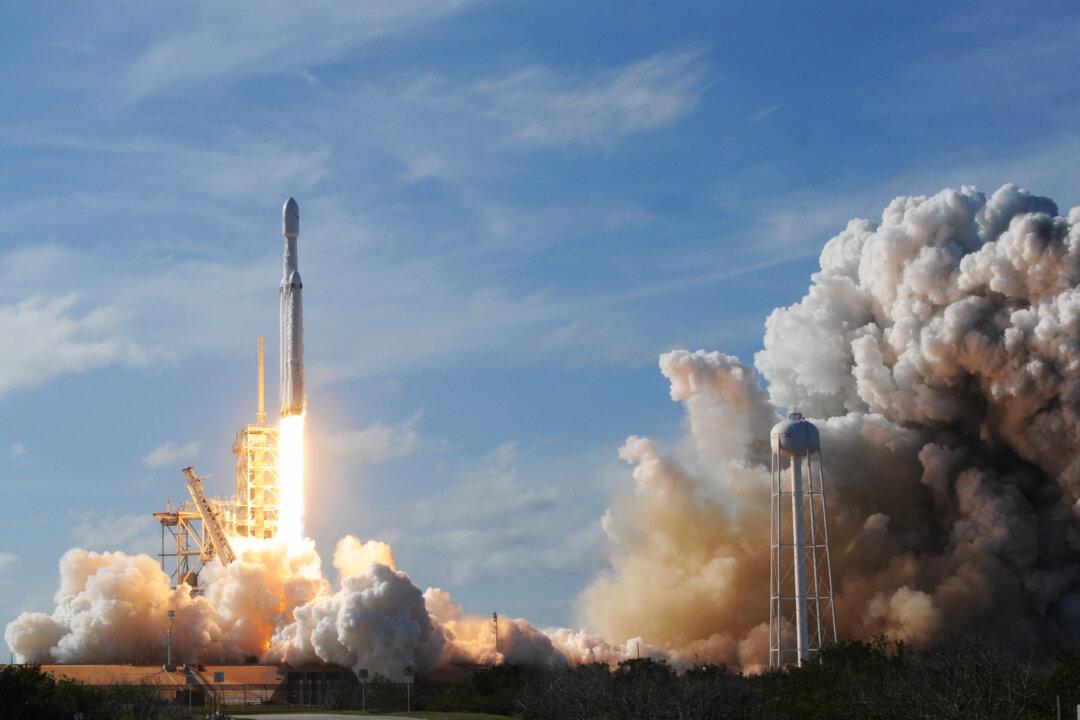Commentary
Self-contradiction is so prevalent on Capitol Hill that it’s received its own euphemism: political evolution. Politicians love to evolve their issue positions—that is, contradict their previously stated fundamental beliefs.

Self-contradiction is so prevalent on Capitol Hill that it’s received its own euphemism: political evolution. Politicians love to evolve their issue positions—that is, contradict their previously stated fundamental beliefs.